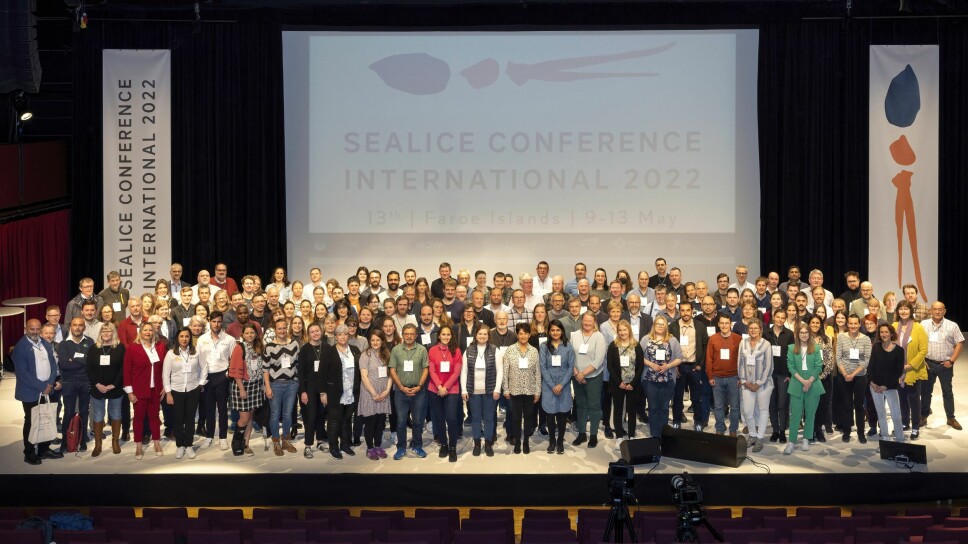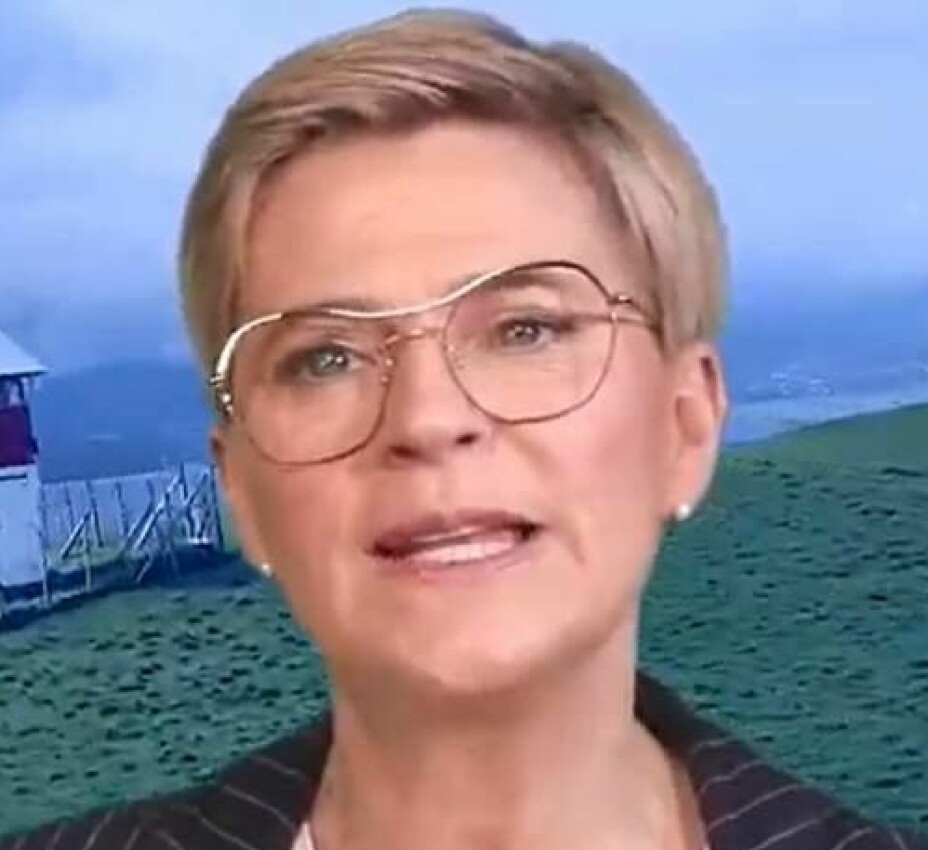
Scotland chosen to host 2024 sea lice conference
Site visits likely to feature in programme
Organisers of the biennial International Sea Lice Conference have announced that Scotland is to host the next meeting in 2024, after a successful bid led by the Stirling-based Sustainable Aquaculture Innovation Centre (SAIC).
The conference brings together leading international scientists, fish health practitioners and regulatory agencies to share research and exchange insights on the key biological and environmental factors associated with sea lice and their management.
The 2024 conference will be the 14th event since the 1992 inception of the series. The conference was last held in Scotland in Aberdeen in 2001. The location of the 2024 event has yet been announced.
Knowledge sharing
The decision-making process for the 2024 conference began during the 2022 summit, hosted by the Faroe Islands after a two-year Covid delay. SAIC’s bid highlighted the growing role of Scottish aquaculture in serving the global need for sustainable protein and the importance of collaboration and knowledge sharing across the sector to tackle environmental and health challenges.
SAIC said planning for the conference is already under way, and it is expected that researchers travelling to Scotland will have opportunities to experience the aquaculture sector first-hand with site visits and a range of sessions hosted by local and international experts on sea lice. Past events have featured a variety of research topics including the biology of sea lice, sea louse management, epidemiology, and interactions with the environment.
Academic expertise
SAIC chief executive Heather Jones said: “It is great to see such an important global summit returning to Scotland, where our aquaculture sector is thriving, and we have a wealth of leading academic expertise. In collaboration with other ‘Team Scotland’ organisations, SAIC is looking forward to welcoming representatives from the international academic community to share knowledge and new ideas about the management of sea lice, which is an ongoing focus for the sector as we continue to expand the economic impact of aquaculture while minimising its environmental footprint.”

Jóhanna Lava Køtlum, director at Faroese aquaculture research station Fiskaaling and an organiser of the 2022 International Sea Lice Conference, said: “The success of this year’s conference reflects the resilience and determination of the aquaculture community, who embraced the opportunity to get together again in-person after Covid. I have no doubt that the Scottish hosts will continue to build on that momentum and create an engaging conference programme that will showcase academic and industrial expertise and help to forge crucial partnerships in support of our growing sector.”
Videos of the presentations made at this year's conference are available to watch at the Fiskaaling website, which also gives access to the abstracts submitted by presenters.
Internationally relevant
Professor James Bron from the University of Stirling’s Institute of Aquaculture, a member of the International Sea Lice Conference scientific committee, added: “This event brings together academics, industry representatives and other global stakeholders to share research, best practice and new developments, which can ultimately boost our understanding of sea lice and enable us to deal sustainably with some of the associated issues.
“In developing the programme, the scientific committee will be drawing on expertise from UK, Norway, Chile, Canada, Faroe Islands, the USA and other seafood-producing regions to ensure an internationally relevant programme and provide delegates with valuable global insights.”























































